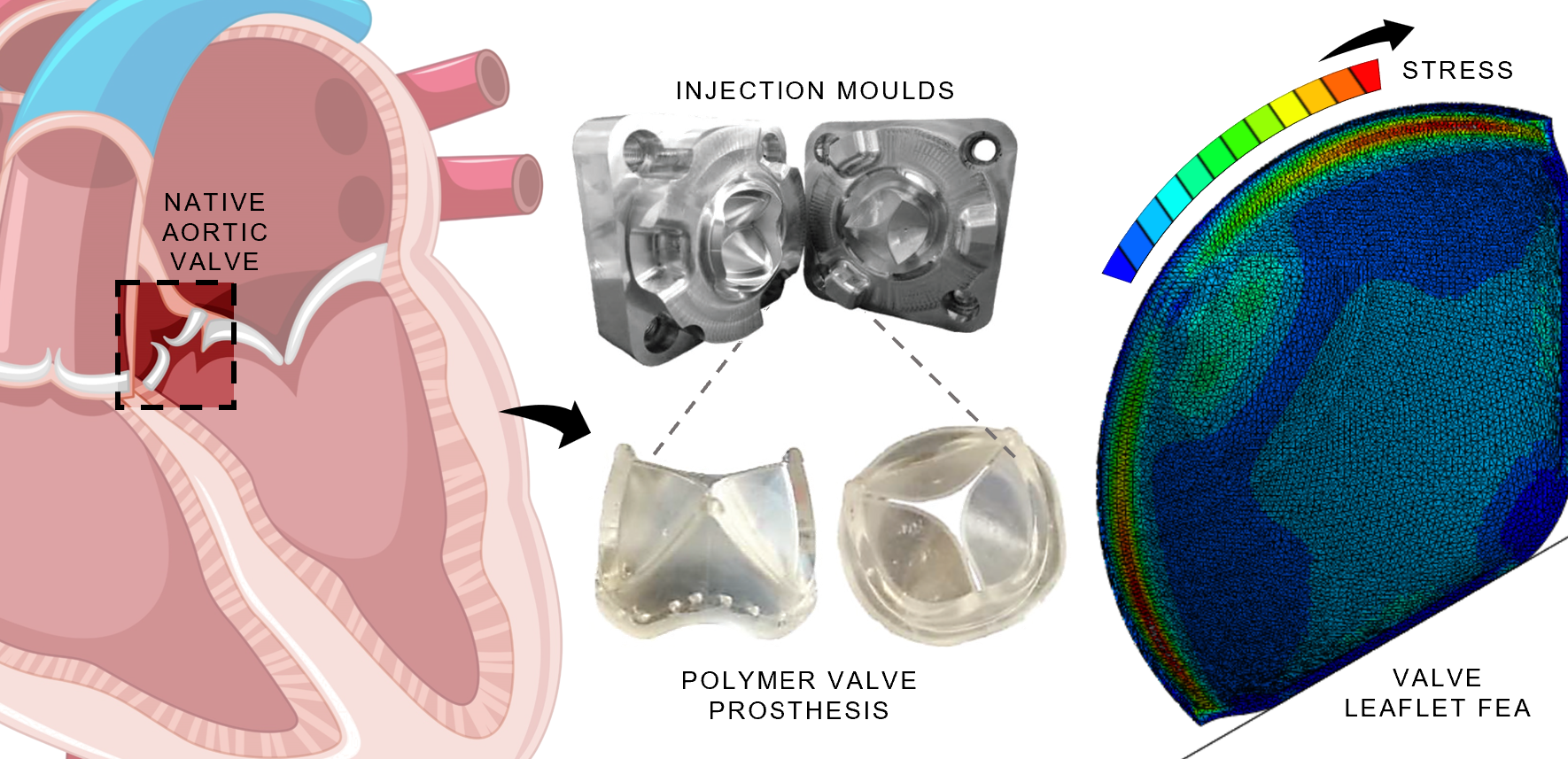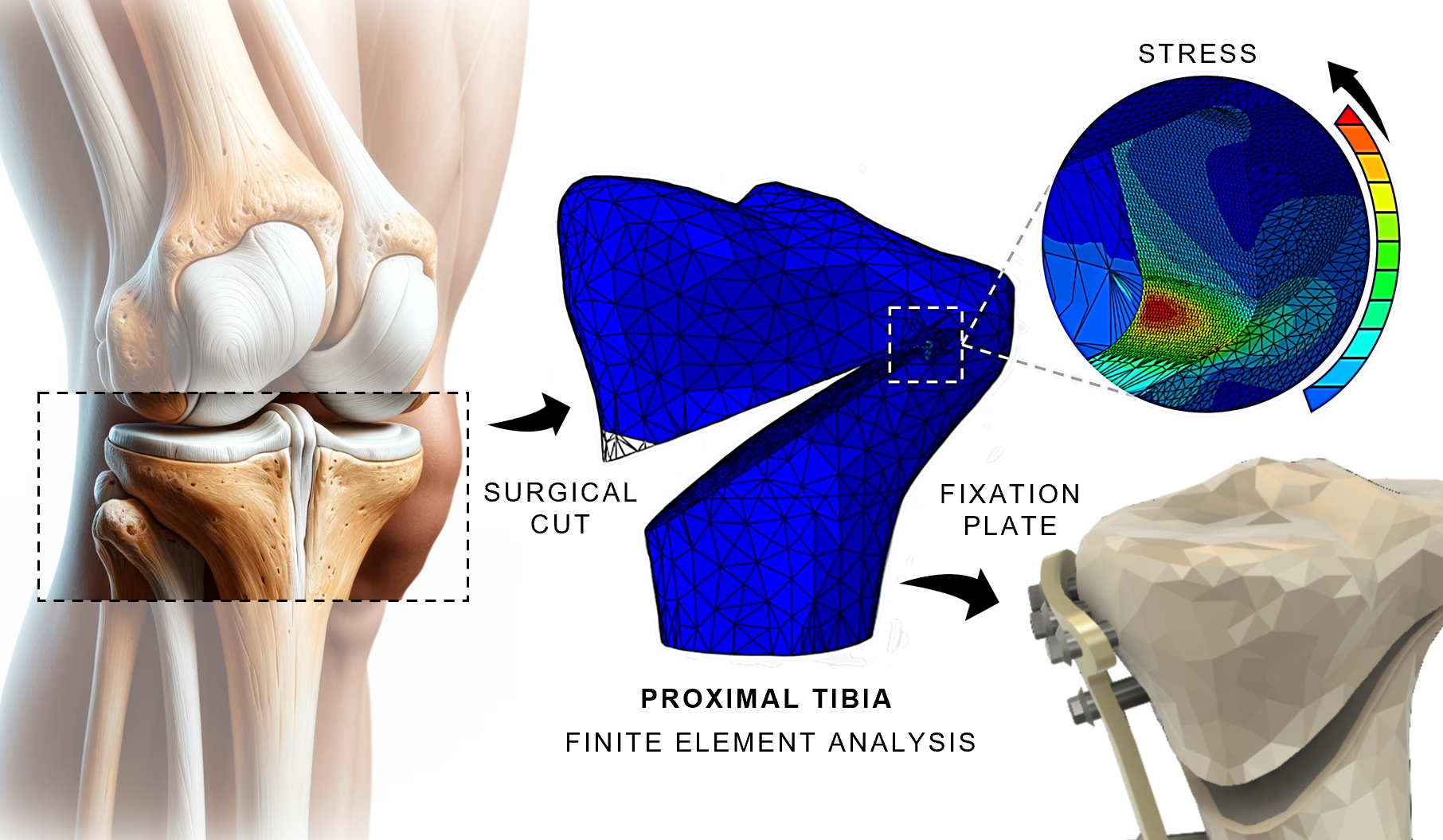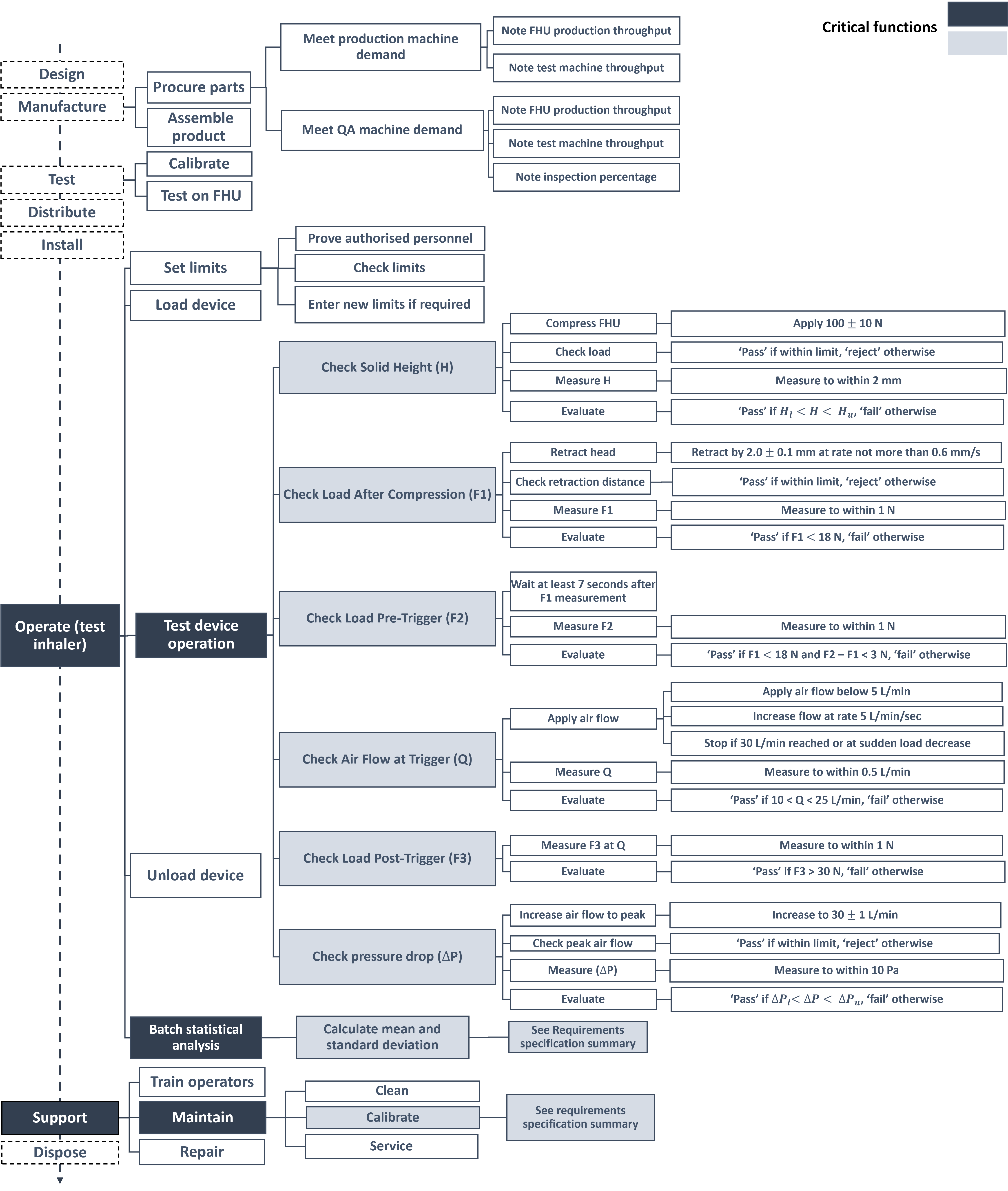Heart Postheses
Current work: Developing a novel polymer aortic valve prosthesis

Heart valve diseases are a common and rising health concern, affecting 1 in 8 people in the
UK.
Treatment often necessitates prosthetic implants.
Existing prostheses face two key challenges: biological prostheses, made from pig or cow
tissue, do not last the patient's lifetime,
and mechanical prosthetics, made from carbon or titanium, have biocompatibility issues.
Recently, certain polymers have been shown to have both excellent biocompatibility and
durability,
addressing the limitations of current prosthetic valves.
My current work at CamBris Caridac focuses on developing a novel polymer aortic
valve prosthesis to treat aortic valve disease.
I use a combination of in-silico modelling and in vitro
testing to optimise the design of the valve and ensure it meets ISO 5840
standards
for durability and hydrodynamics.





